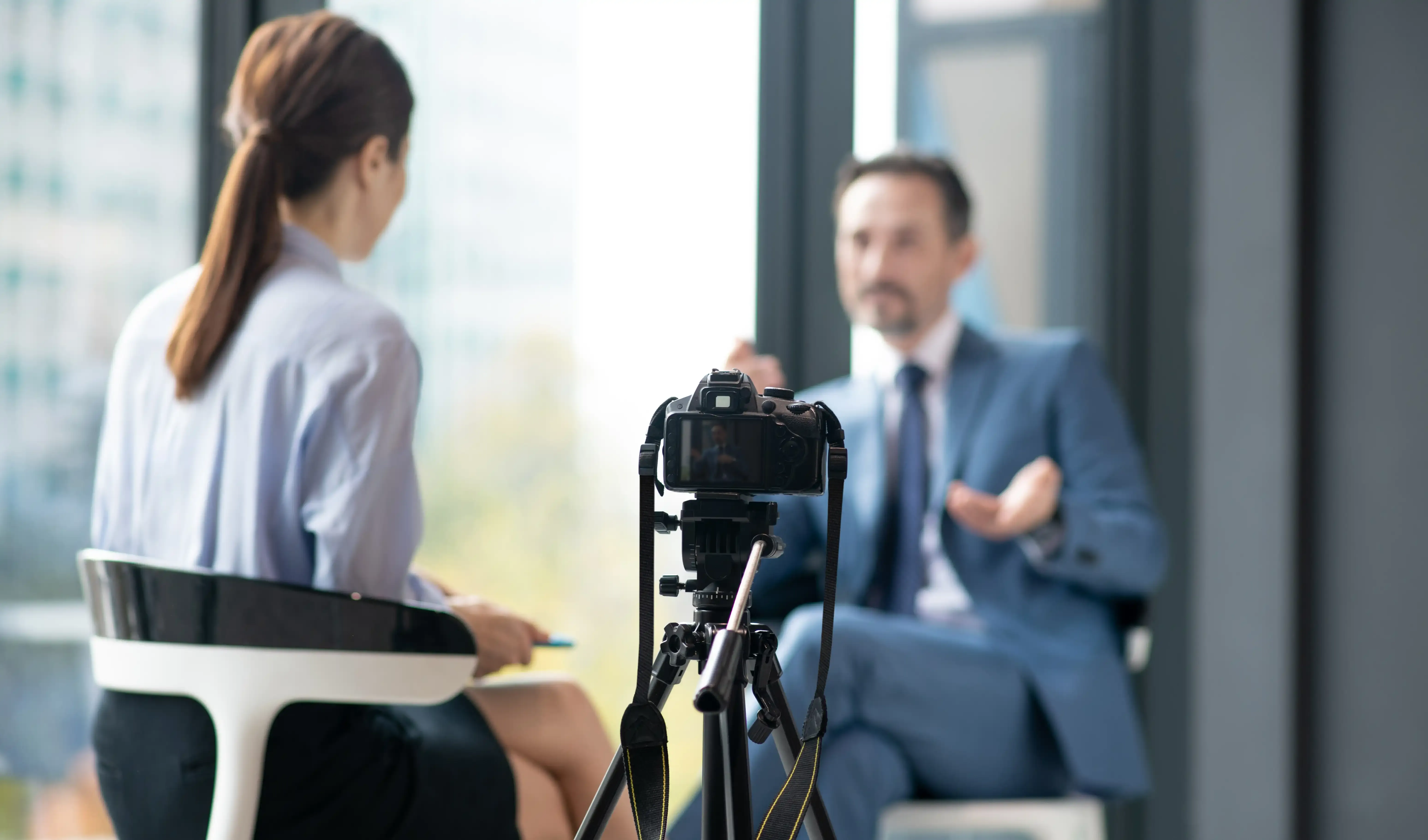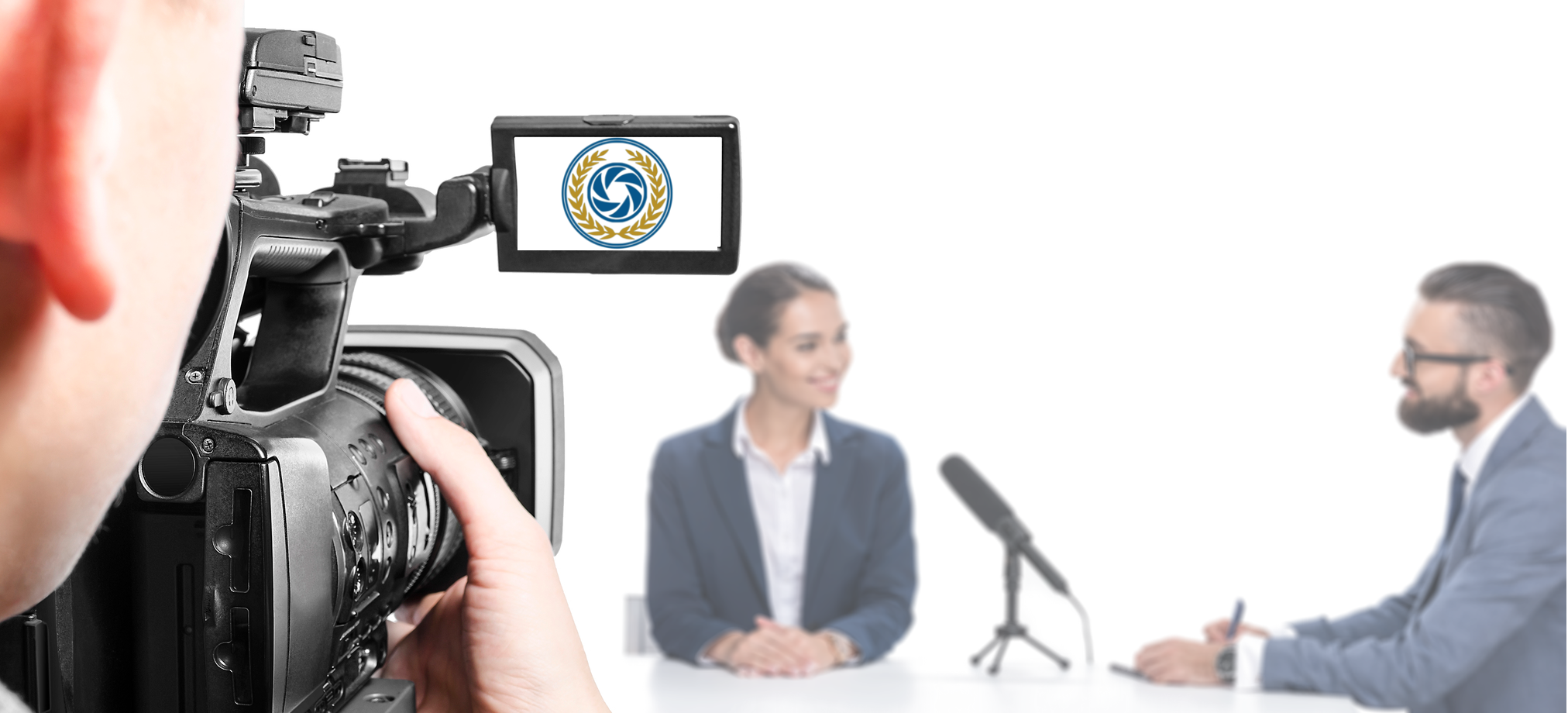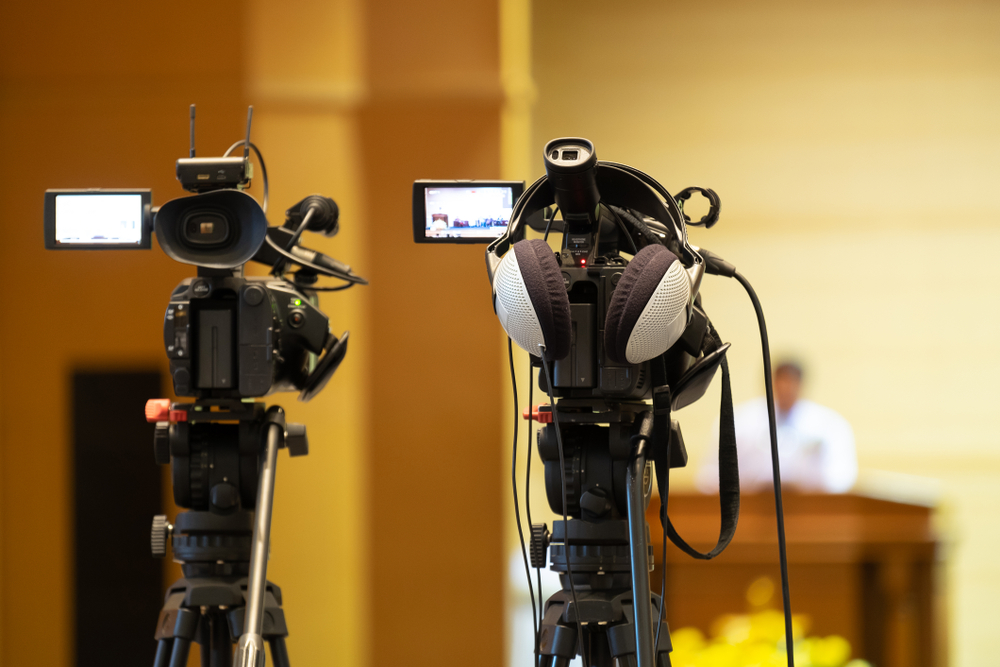The Significance of Legal Video Depositions in Modern Legal Services: What You Need to Know
Legal video clip depositions have ended up being vital in today's legal landscape. They offer a multidimensional view of witness testaments that conventional records merely can not match. By recording both non-verbal and verbal interaction, these depositions improve the total understanding of a witness's reputation. The efficiency of video clip depositions hinges on different factors, consisting of compliance with legal criteria and ideal techniques. Exploring these elements exposes their true value in modern lawful services
What Are Lawful Video Depositions?
Legal video depositions work as a vital tool in the litigation procedure. They include tape-recording witness testaments in a video format, capturing both non-verbal and spoken communication. This technique enables lawyers to record the disposition, expressions, and reactions of witnesses, providing a richer context for the testament. Usually performed in a controlled environment, these depositions are led by lawyers who ask concerns while a stenotype reporter records the dialogue. The resulting video can be vital for trial preparation, as it allows legal representatives to assess the reliability of witnesses and fine-tune their methods. Additionally, legal video depositions can be used in numerous legal contexts, ranging from civil disagreements to criminal situations. The aesthetic and acoustic aspects of video depositions improve the discussion of proof, making it an important component in the modern legal landscape. Overall, they contribute considerably to the efficiency and performance of lawful proceedings.

Benefits of Video Clip Depositions Over Traditional Approaches
Video clip depositions use many advantages contrasted to traditional methods of taking witness testimonies. One significant benefit is the capability to catch both audio and aesthetic elements, offering a more extensive record of the witness's statements. This twin layout improves clearness and permits lawful experts to reference certain subtleties during test preparation. Additionally, video clip depositions assist in remote participation, making it easier for witnesses that may be unavailable for in-person looks because of geographical restrictions or health and wellness issues.Moreover, video depositions can quicken the general deposition process, lowering the time and costs connected with travel and logistics. They likewise enhance accessibility, as taped depositions can be easily shared amongst legal teams and referenced at any moment. This comfort contributes to far better instance management and prep work. In general, video clip depositions represent a modern-day, efficient technique to gathering witness testaments, lining up with the advancing requirements of the legal career.
The Function of Body Movement and Tone in Testimonies

In legal video clip depositions, body movement and tone play essential roles in communicating a witness's credibility and dependability. Nonverbal cues can offer insights right into a witness's emotion, influencing just how their testimony is perceived. Understanding the influence of these components is essential for attorneys and jurors alike when evaluating the dependability of a testament.
Nonverbal Communication Insights
While verbal communication is typically stressed in legal testimonies, nonverbal hints such as body language and tone play an important duty in communicating reliability and feeling. Viewers of depositions may note that a witness's pose, motions, and facial expressions can significantly affect understandings of integrity. Constant eye get in touch with may signify self-confidence, while staying clear of look can suggest deceit or discomfort. The tone of voice-- its speed, quantity, and pitch-- can impart feelings of sincerity or uncertainty. Attorneys have to be attuned to these nonverbal signals, as they frequently give crucial context that enhances spoken words. Understanding these nuances can enhance the efficiency of depositions and influence the result of lawful process.
Emotional Tone Effect
The psychological tone conveyed during lawful statements significantly affects exactly how a witness is viewed. Body language, singing inflections, and faces play vital duties in shaping the story of a testimony. A witness exhibiting confidence with stable eye call and a tranquil tone can impart a sense of reliability and interaction. Conversely, indicators of stress and anxiety, such as fidgeting or an unstable voice, might cause hesitation concerning their account. The subtleties of psychological expression can affect the analysis of facts, making it essential for legal specialists to identify these signs. In video depositions, the acoustic and aesthetic components incorporate, emphasizing the significance of emotional tone in conveying sincerity and reliability within the lawful process.
Integrity and Reliability
An important consider establishing reputation and dependability during testaments exists in the witness's body language and intonation. Onlookers frequently rely on non-verbal signs-- such as eye call, pose, and motions-- to examine a witness's sincerity. A witness who maintains eye call and displays open body language may be regarded as even more trusted and truthful than one who avoids eye get in touch with or appears shut off. Additionally, intonation plays a crucial duty; a constant, tranquil tone can enhance the reliability of the testament, while changes in pitch or volume may raise questions. Ultimately, the mix of body language and vocal tone substantially affects how a witness's declarations are gotten and translated in a legal context.
Ideal Practices for Performing Video Depositions
Carrying out video depositions calls for careful preparation and execution to assure a clear and efficient discussion of testimony. First, it is vital to select a silent, well-lit location to lessen disturbances and secure optimum video clip quality. The devices ought to be examined beforehand, including video cameras, microphones, and lights, to stay clear of technological issues during the deposition.Next, celebrations entailed should evaluate the layout and treatments beforehand, ensuring that everybody comprehends their duties. The deponent ought to be briefed on the process, consisting of how to react clearly and concisely.Additionally, preserving a specialist attitude throughout the session is important. This consists of avoiding speaking over one an additional and verifying that all inquiries are guided appropriately. It is essential to record the deposition in a layout that allows for easy playback and testimonial, protecting the honesty of the statement for future use.
Lawful Factors To Consider and Conformity Issues
Exactly how do legal factors to consider and compliance issues influence the efficiency of video depositions? Attorneys have to navigate a complicated landscape of laws, making certain that video clip depositions stick to administrative regulations and requirements. Compliance with regulations concerning privacy, consent, and taping techniques is necessary. For circumstances, acquiring specific permission from all events included is needed to prevent lawful repercussions.Additionally, the admissibility of video evidence in court can depend upon compliance with procedural requirements. Guaranteeing that the devices made use of fulfills technological requirements is also important, as poor top quality can threaten the deposition's reliability.Moreover, attorneys need to know any type of specific state laws that regulate video clip depositions, as these can differ significantly. Failure to attend to these factors to web consider can not just endanger the honesty of the deposition but likewise influence the general situation technique, inevitably impacting the customer's legal end results.
How Video Clip Depositions Influence Jury Assumption
While video clip depositions can work as effective tools in lawful proceedings, their influence on court perception is substantial. The auditory and visual components of video recordings supply jurors with an extra detailed understanding of witness behavior, reliability, and psychological reactions. This multimedia technique can boost the jurors' ability to examine the reliability of statement contrasted to typical text-based transcripts.Moreover, video depositions enable jurors to observe body movement, intonation, and faces, all of which can affect their analysis of the witness's declarations. The presence of a witness on screen can humanize them, promoting compassion and link, which might sway jurors' opinions. On the other hand, a witness that shows up evasive or untrustworthy on video clip might bring about negative perceptions that influence a jury's decision. Eventually, the dynamic nature of video depositions plays a crucial duty fit just how jurors analyze proof and reach their judgments.
The Future of Video Clip Depositions in Legal Technique
As advancements in technology continue to reshape the legal landscape, the future of video clip depositions is positioned for substantial advancement. Technologies such as artificial knowledge, digital fact, and boosted video clip conferencing tools are expected to improve the deposition process and improve accessibility. Lawful specialists might make use of AI-driven analytics to assess witness reputation and case toughness a lot more effectively.Moreover, the assimilation of digital truth might permit juries to experience immersive simulations of depositions, offering deeper context and understanding. In addition, the fad toward remote depositions is likely to linger, supplying higher flexibility for customers and attorneys alike.As remote job ends up being progressively normalized, video clip depositions will likely end up being conventional practice, reducing expenses and time constraints linked with typical techniques. Overall, these technical improvements promise to boost the effectiveness, performance, and availability of video depositions in lawful practice, inevitably transforming just how lawyers get ready for test.
Frequently Asked Concerns
Just How Much Do Legal Video Depositions Commonly Expense?

Can Video Depositions Be Utilized in Any Kind Of Sort Of Instance?
Video depositions can be used in numerous types of situations, consisting of civil, criminal, and family law. Their adaptability enables attorneys to existing witness testimonies efficiently, adjusting to the specific needs of various lawful scenarios.
What Equipment Is Needed for a Video Deposition?
To perform a video deposition, essential tools consists of a high-quality video camera, microphone, lights, and a reputable recording gadget. Additionally, a computer system with modifying software program might be necessary for post-production and formatting the final video.
For how long Does a Regular Video Deposition Last?
A common video deposition lasts between 2 to four hours, relying on the intricacy of the instance and the variety of inquiries posed. Extensive sessions might take place, yet breaks are generally included for individual comfort.

Are Video Depositions Admissible in Court?
Video depositions are typically acceptable in court, offered they adhere to legal standards and regulations of proof. Their usage boosts quality and protects witness statement, helping in the judicial process during tests and hearings. Legal video depositions have actually come to be crucial in today's lawful landscape. Furthermore, legal video clip depositions can be used in numerous lawful contexts, varying from civil disagreements to criminal situations. Additionally, video depositions facilitate remote involvement, making it simpler for witnesses who might be unavailable for in-person appearances due to geographical restrictions or health issues.Moreover, video clip depositions can accelerate the general deposition process, lowering the time and expenses associated with traveling and logistics. Guaranteeing that the equipment made use of satisfies technological criteria is likewise important, as bad quality can threaten the deposition's reliability.Moreover, attorneys must be conscious of any details state laws that i loved this control video depositions, as these can differ significantly. In addition, the pattern toward remote depositions is likely to linger, using better versatility for lawyers and clients alike.As remote work comes to be progressively Our site stabilized, video depositions will likely end up being basic technique, decreasing prices and time constraints connected with traditional techniques.
Comments on “What attorneys should know about storing and editing legal video depositions”